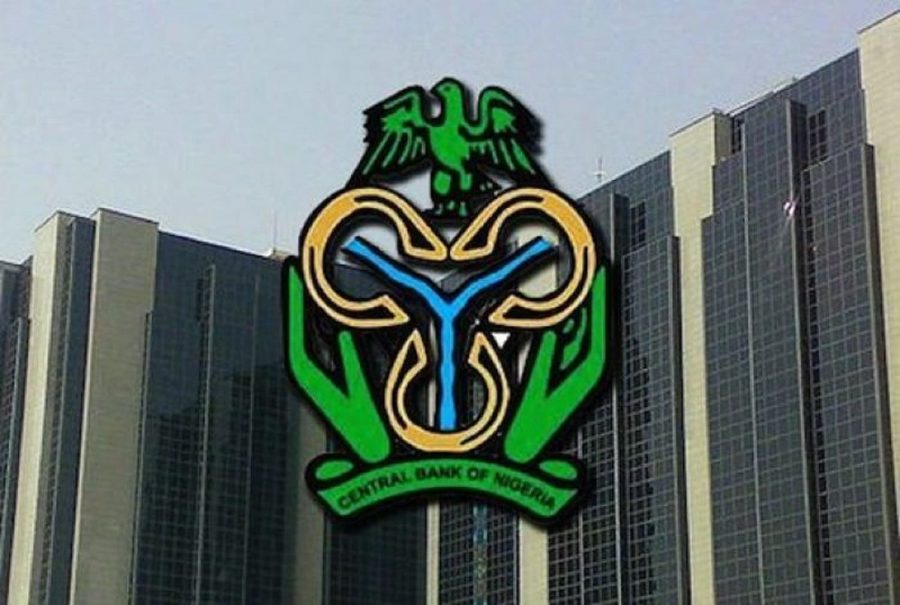The Central Bank of Nigeria has announced that the first set of payments for the CBN RT200 rebate scheme would commence this week.
Hence it would be prudent to uncover the rationale behind the apex bank’s policy to give N65 rebate to exporters who sold their goods through the importers and exporters (I&E) window.
The CBN rebate policy is meant to act as a substantial incentive to get Nigeria’s goal of US$200 billion in FX repatriation, exclusively from non-oil exports, over the next 3-5 years. Moreover, the scheme was pushed because of the success of the Naira 4 Dollar Scheme.
What you should know
- On March 8, 2021, CBN launched the “Naira 4 Dollar Scheme”, intended to boost the inflow of diaspora remittances into the country. This scheme works by offering a N5 reward to diaspora remittance beneficiaries for every USD$1 sent through a licensed International Money Transfer Operator (IMTO).
- To put it in another way, if you received a $1,000 diaspora transfer, CBN would simply credit your account with an additional N5,000 (N5 * 1,000). The initiative was supposed to finish in May 2021, however, it was extended indefinitely.
- As the first anniversary of the initiative approaches, the CBN released an update, stating that diaspora remittances have surged 1,667% from $6 million to $100 million weekly.
- The CBN moved the Naira for Dollar scheme from the IMTOs to the IEFX window in February 2022. The CBN issued guidelines stating that for every US dollar repatriated and sold at the Investors and Exporters Window, it will enable a payment of N65.
- In other words, similar to the Naira for Dollar Scheme, eligible participants who bring in dollars will receive a N65 incentive payment for every $1 brought via the IEFX window. For example, if an eligible participant brings $100,000 via the IEFX window, that participant gets N6.5 million naira.
Why the CBN export rebate scheme
At a press conference held by the Bankers’ Committee, Governor of the Central Bank of Nigeria, Godwin Emefiele, stated that the success of the CBN’s Naira for Dollar plan has prompted the central bank to implement the RT200 rebate scheme.
He said “As regards the FOREX markets for example, on the inadequacy of FX supply and constant pressure on the exchange rate, I believe that the lessons we have learnt from our policies on remittances can be applied in improving some aspects of FX inflow into the country. As we know, there are four major sources of FX inflow into Nigeria. These are Proceeds from oil exports; Proceeds from non-oil exports; Diaspora remittances, and Foreign Direct/Portfolio Investments.”
Emefiele spoke on the importance of maintenance of a stable and sustainable source of forex inflow and cautioned against Nigeria’s venerability to oil shocks.
He said, “Even those that have been reputed to manage their oil proceeds well also suffer from major shocks once oil prices plummet. To avoid these sudden adjustments to our economic life, we need to focus on strategies that can help us earn more stable and sustainable inflows of foreign exchange. We would need to follow the best practices of other countries and ensure that we protect ourselves a little bit from factors that are beyond our immediate control.”
The CBN boss added “Analogous to the Naira4Dollar Scheme, which has helped boost remittances from only $6 million per week to over $100 million per week, we shall establish the modalities for granting a rebate for each dollar that non-oil exports proceed that an exporter sells into the market, for the benefit of other FX users and not for funding its operations.”
The optics
- Critics are quick to point out that this is essentially a devaluation of the naira since paying an additional N65 to N415 paid for FX means the total exchange rate is N481/$1.
- What the CBN is basically doing is avoiding the usual pomp that accompanies a devaluation announcement.
- Furthermore, by using the IEFX window to create this incentive, this is certainly a market-driven strategy in which a willing seller finds a willing buyer, although with an N65 sweetener.
- Nonetheless, the N65 sweetener (i.e., a net exchange rate of N481/$) helps to lower the premium between parallel and official rates.
- The CBN’s perseverance in attracting dollar inflows is admirable. Most economists will argue, however, that monetary policies alone will not be enough to combat the onslaught of economic headwinds.
- The CBN recognizes this, as stated in its most recent Communique, thus these are only temporary measures pending a change in the fundamental macroeconomic circumstances.
But can this work?
The current Naira4Dollar scheme which has been live for over a year now has not gained mainstream adoption. There is also no data revealing just how much inflow Nigerian banks have received from this channel.
- The last we heard was a comment from a source that suggested inflow rose 7 fold in the early week of its implementation.
- Thus, it is unlikely this policy will work if the disparity between the black market and the official rate remains this high. Suffice to add that when the policy of naira4dollar was introduced the exchange rate was around N480/$1, it is now N580/$1.













